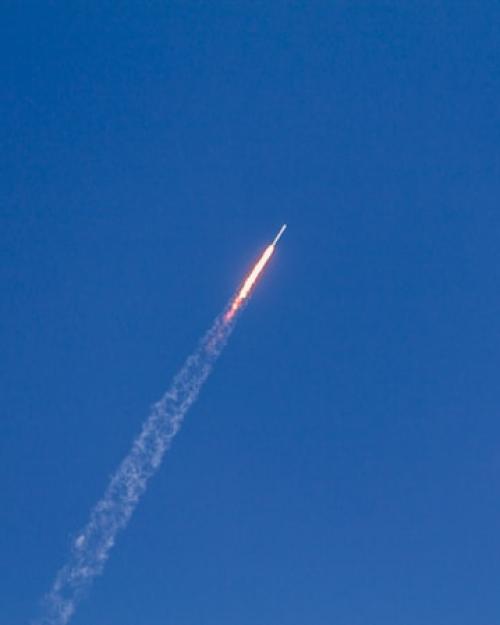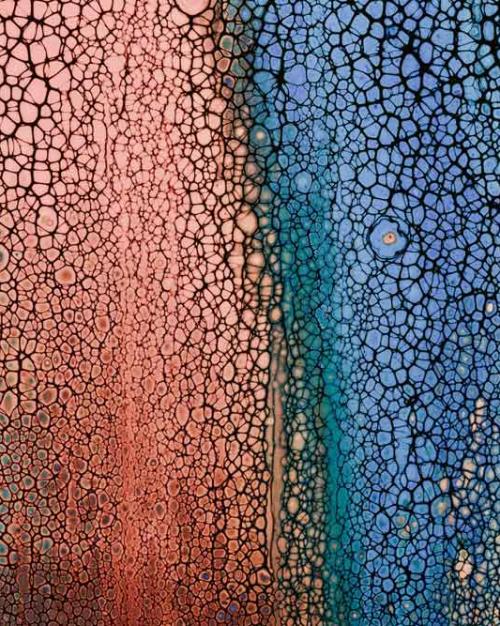When ruptures, fissures and breaks can no longer be ignored, it’s time for repair, this year's Society for the Humanities annual theme.
The Society's annual fall conference will address the theme of Repair over the course of two days, Oct. 20-21, in 10 brief talks and two longer keynote lectures. The conference serves as the second event in the 2022-23 Society for the Humanities year of Repair, preceded by a community read and discussion Sept. 23. Free and open to the public, the conference will be held at the A.D. White House. Registration is not necessary.
The theme of Repair, chosen amidst social, environmental, political and pandemic unrest, guides the Society Fellows’ interdisciplinary research and courses during this academic year. The fall conference will highlight the fellows’ works in progress and spur discussion from Cornell faculty respondents and audience Q&A.
The opening panel on Thursday, Oct. 20 features perspectives on repair from scholars speaking about properties of animal retirement, pollination and Asian and Asian-American artist collaborations. Thursday’s keynote will be delivered by Steven Jackson, associate professor of science and technology studies in the College of Arts and Sciences and of information science in Cornell Bowers College of Computing . Jackson’s talk, entitled “From Repair to Hope (and Back Again?),” aims, he says, to “describe one journey into/through/out of repair…It will trace some of [my] own empirical and practical engagements in this space…and end with a group discussion around the limits of repair – and where we might need other concepts, and other practices, under our present planetary condition.” Jackson’s talk will be followed by a reception.
Friday, Oct. 21 features presentations about Indigenous dispossession, 19th century French landscapes, urban Georgia in the post-Soviet era, a psychiatric clinic in Harlem, Algerian incarceration in France, human trafficking in Italy and human relationship with waste. Speakers include faculty fellows Jon Parmenter, associate professor of history (A&S); Juno Parreñas, assistant professor of science and technology studies and feminist, gender and sexuality studies (A&S); and Kelly Presutti, assistant professor of history of art and visual studies (A&S), as well as external Society Fellows and Mellon Graduate Fellows. The list of 2022-23 Society Fellows with descriptions of individual research projects is online.
Friday’s concluding keynote will be delivered by Jonathan Flatley, a scholar of literature and the relationship between politics and aesthetics from the department of English at Wayne State University. Entitled “Like Trees: On Arboreal Collectivity in Richard Powers and Zoe Leonard,” Flatley says, “This is an essay about liking trees. It argues that liking (as distinct from love) is a feeling capable of motivating collective opposition to the ongoing, catastrophic destruction of forests around the world. It makes that case through an examination of two distinct projects: Powers’s novel 'The Overstory' and Leonard’s photographs of trees that have grown into, around, or through fences.”
The Society’s end-of-year Repair conference is planned for April 27-28, 2023, at the A.D. White House.
Julie McLean is program manager for the Society for the Humanities




